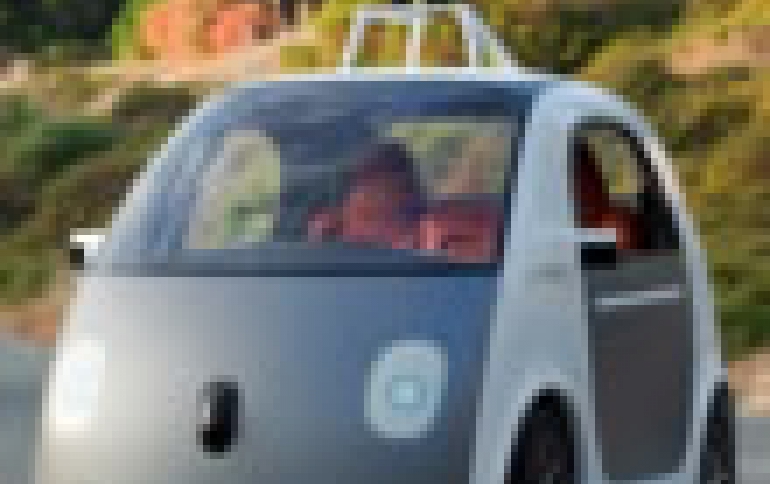
Google Admits That Its Self-driving Cars have Been Engaged In Accidents
Google said Monday that its self-driving cars have been in 11 minor traffic accidents since it began experimenting with the technology six years ago. There had been "minor" accidents involving Google’s robot cars. according to the leader of Google's self-driving car project. The accidents caused "light damage, no injuries" and happened over 1.7 million miles in which either the car or a person required to be behind the wheel was driving, he said.
"Not once was the self-driving car the cause of the accident," wrote Google's Chris Urmson.
Critics are seeking for transparency.
Consumer Watchdog called on Google to release the reports of accidents involving its driverless cars that have been filed with the California Department of Motor Vehicles and to commit to making public all future driverless car accident reports.
"It is important that the public know what happened," wrote John M. Simpson, Consumer Watchdog’s Privacy Project director, in a letter to Google. "You are testing driverless vehicles on public highways, quite possibly putting other drivers at risk."
"You want to eliminate the most basic safeguard, a licensed driver able to take control, in your proposed driverless vehicles. This aim makes it even more important for the public to understand any accidents that occur involving your vehicles during the testing phase," Simpson wrote in a letter to Google's executives. "Rather than hide behind the cloak of DMV confidentiality, Google should disclose the accident report and the full details of the incident. We also call on you to commit to making all future accident reports public."
Self-driving cars are generally marketed as safe. Their cameras, radar and laser sensors provide a far more detailed understanding of their surroundings than humans have. Reaction times should be faster. Cars could be programmed to adjust if they sense a crash coming - move a few feet, tighten seat belts, honk the horn or flash lights at a distracted driver.




















